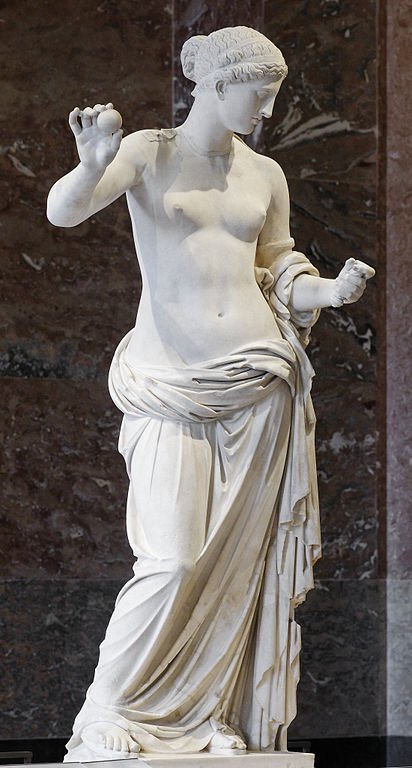
Venus
Venus :: Roman Goddess of Love
Venus was the goddess of love, sex, and beauty in Roman Mythology. Greek Goddess Aphrodite was its counterpart in Greek mythology.
However, Goddess Venus in Roman Mythology had many abilities beyond the Greek Aphrodite; she was also the goddess of victory, fertility, and even prostitution.
Venus' Etymology
The etymology of the name Venus is from Proto-Italic *wenos" which means “wish, desire”.
Venus Q&A
Link/Cite Venus Page
Written by: The Editors of GreekMythology.com. GreekMythology.com editors write, review and revise subject areas in which they have extensive knowledge based on their working experience or advanced studies.
For MLA style citation use: GreekMythology.com, The Editors of Website. "Venus". GreekMythology.com Website, 09 Jul. 2021, https://www.greekmythology.com/Myths/Roman/Venus/venus.html. Accessed 26 April 2024.
